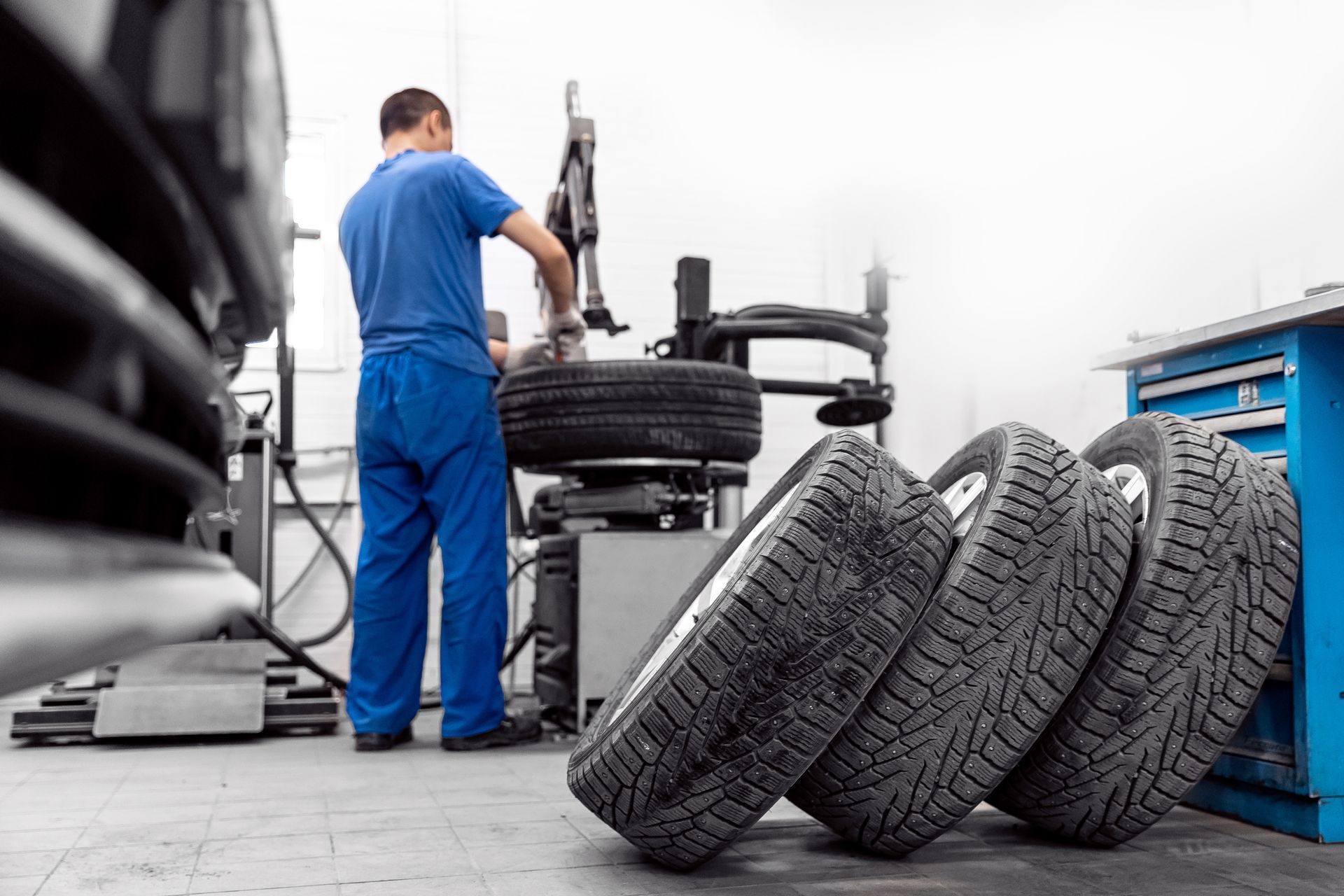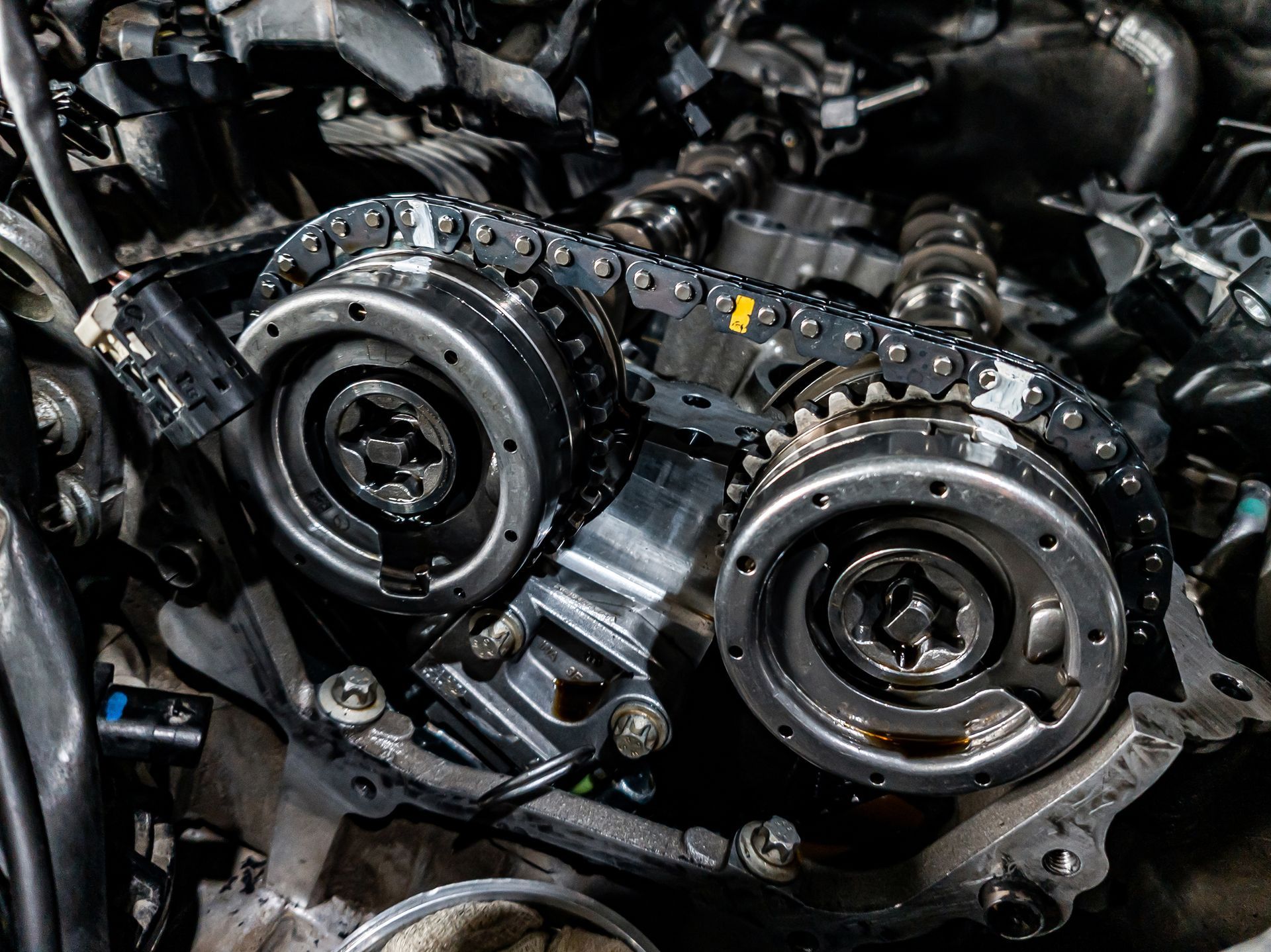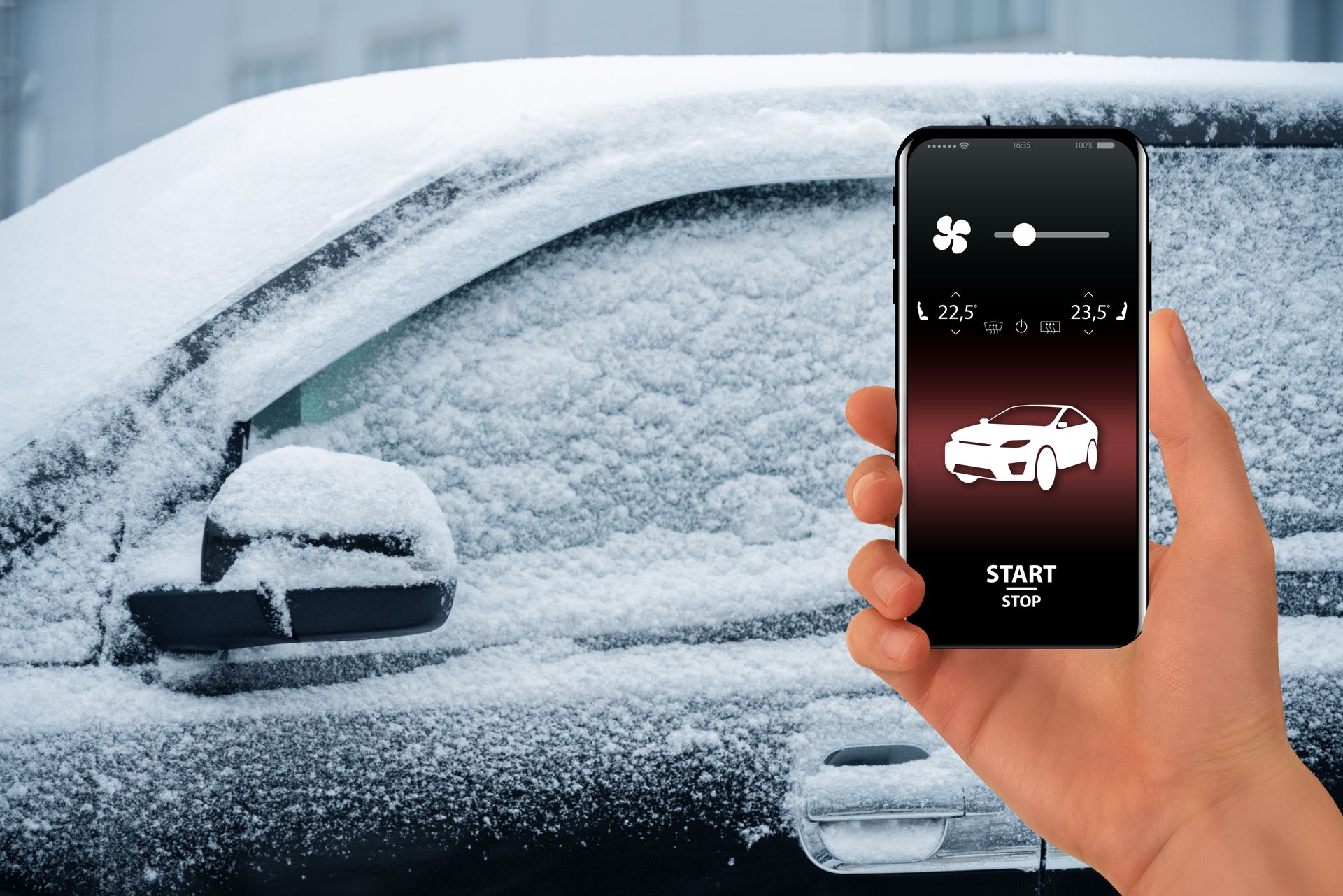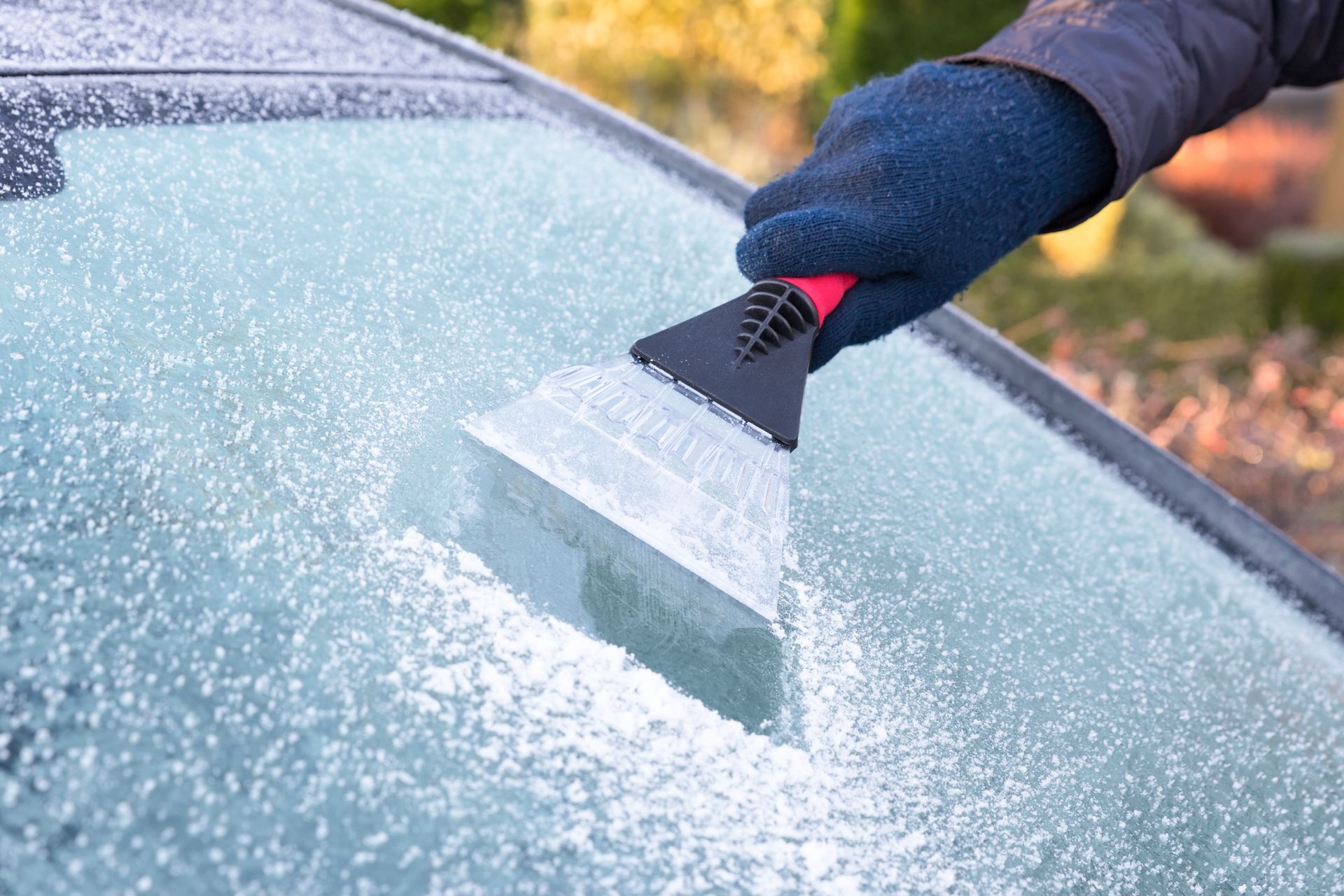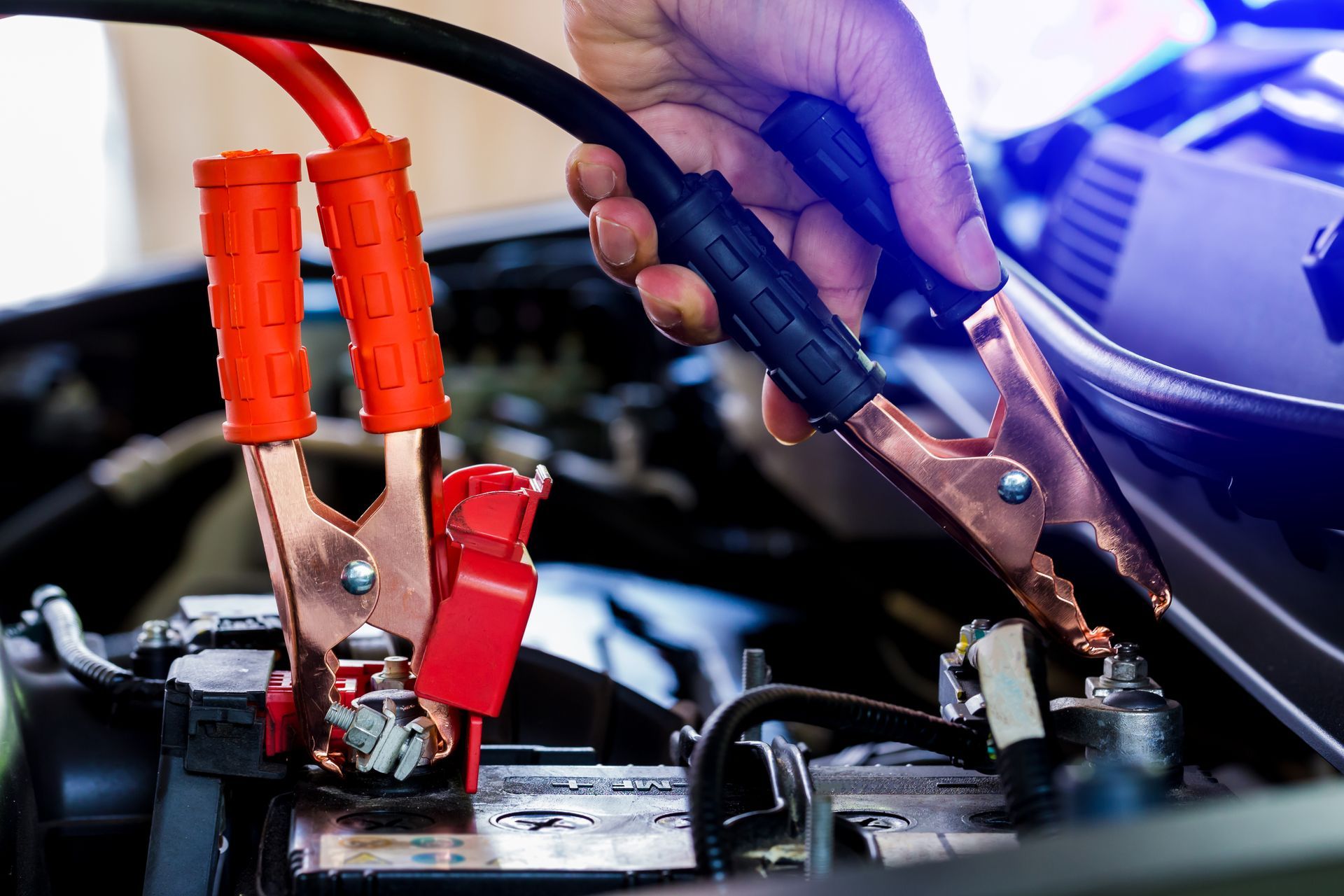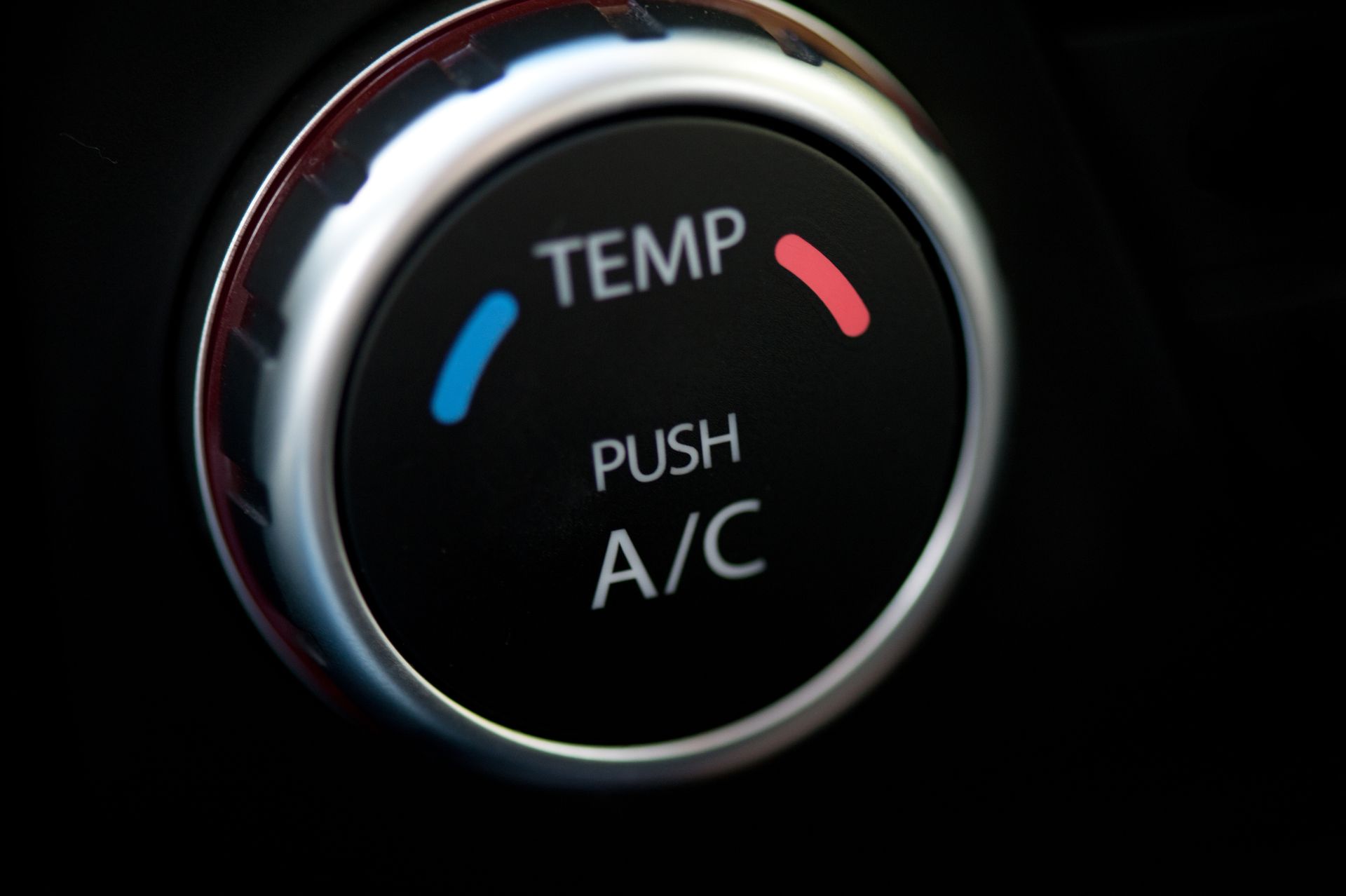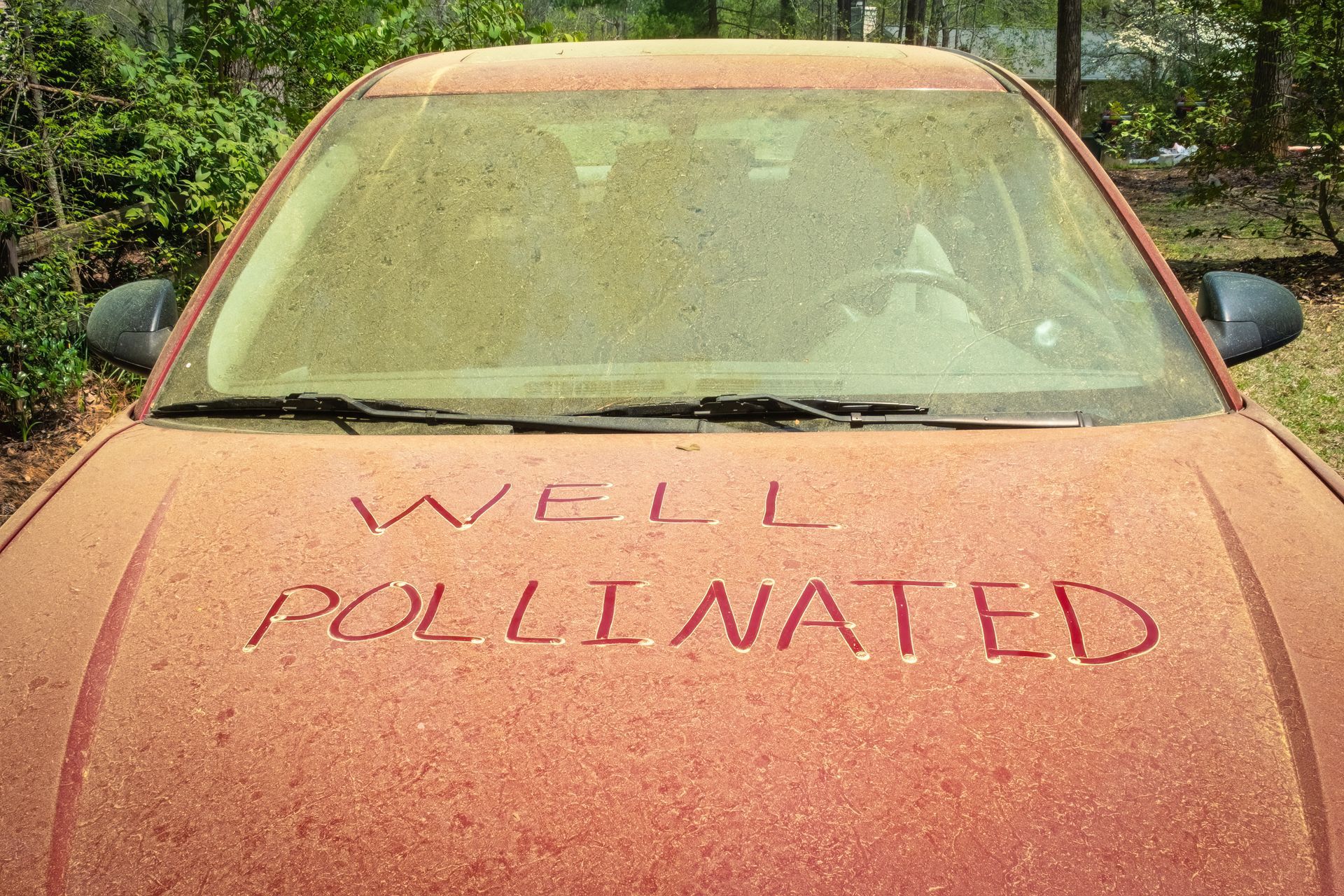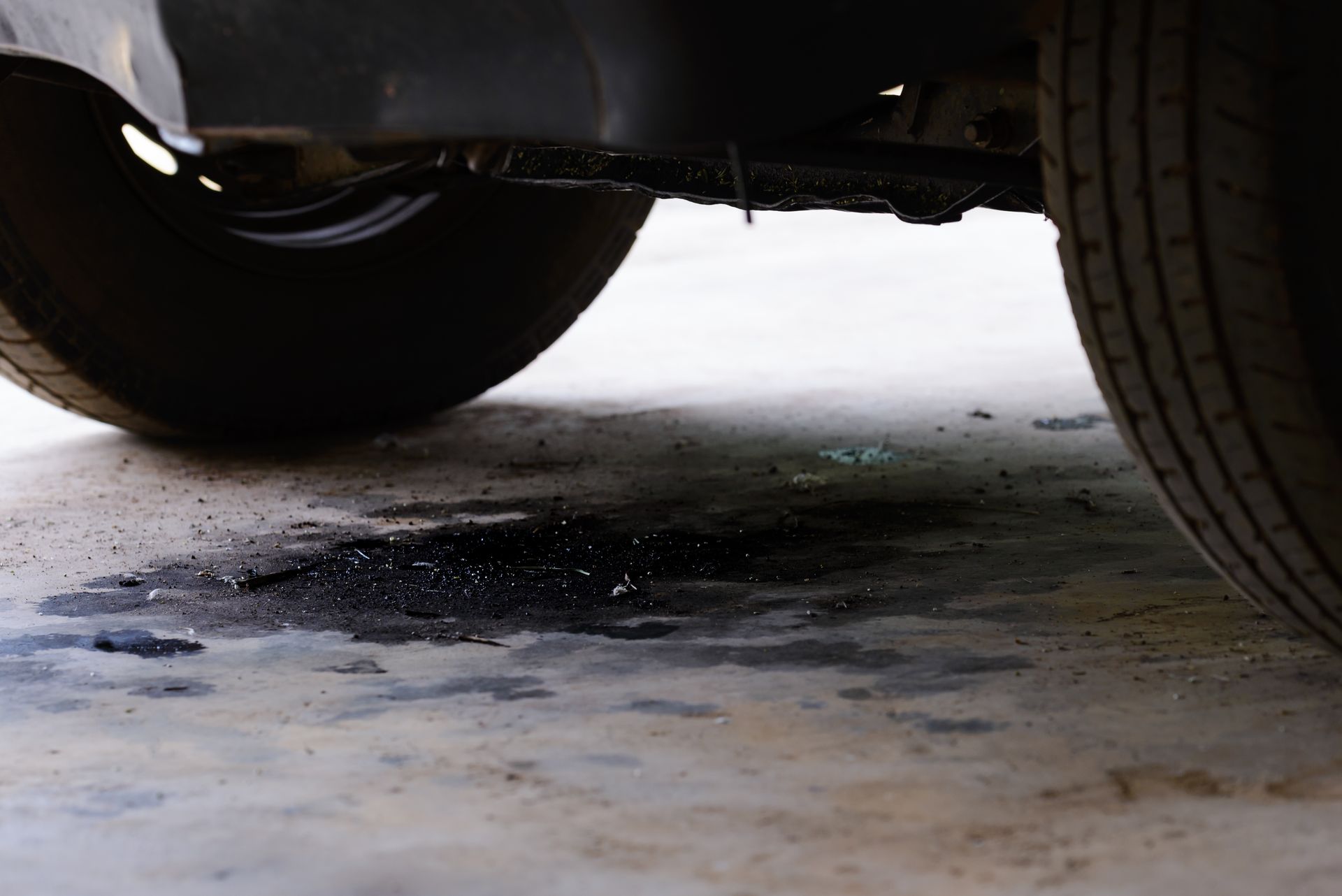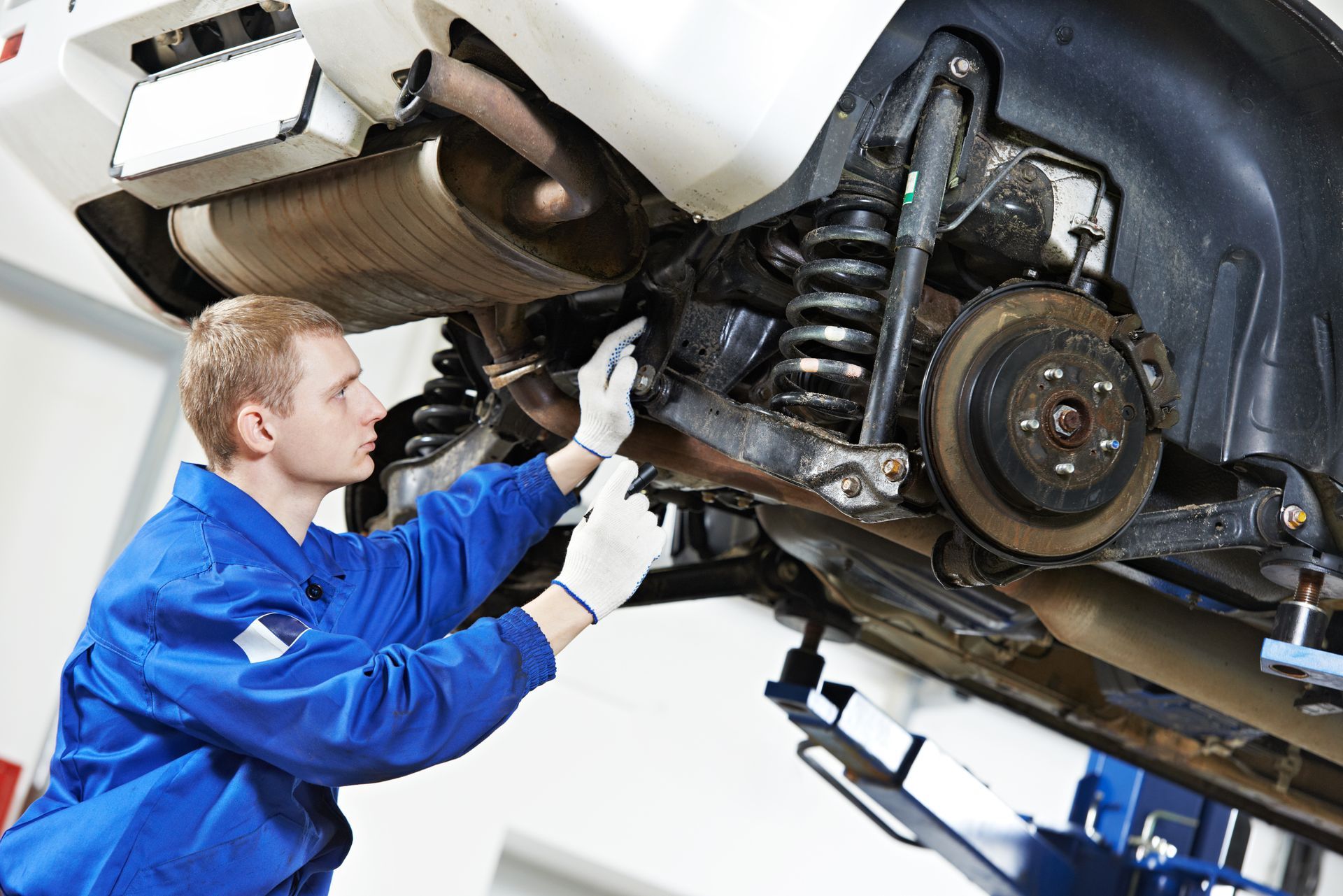Owning a car isn’t just about filling the tank and driving off into the sunset. Regular maintenance is key to keeping your vehicle running efficiently and extending its life. Whether you’re an experienced driver or a new car owner, taking the time to care for your vehicle can save you from unexpected breakdowns and costly repairs. Wondering what you should focus on when it comes to car maintenance? Here are the top ten essential car maintenance tips to keep your vehicle in top shape and running safely.
1. Check Your Oil Regularly
Oil is the lifeblood of your engine, helping to reduce friction and keep all parts running smoothly. Over time, oil gets dirty and loses its effectiveness, so regular oil changes are critical. Not sure when to change it? Most cars need an oil change every 3,000 to 7,000 miles, but it’s always best to consult your vehicle’s manual or your trusted auto technician for specifics.
Why It's Important
Failing to check and change your oil can lead to engine damage, which is often a very expensive fix. Dirty or low oil levels reduce engine efficiency, causing wear and tear on internal components.
2. Monitor Tire Pressure and Rotate Tires
Tire maintenance is often overlooked, but it’s crucial for both safety and fuel efficiency. Properly inflated tires reduce the risk of blowouts and help improve gas mileage. Rotating your tires regularly—every 6,000 to 8,000 miles—ensures even wear, making them last longer.
Why It's Important
Incorrect tire pressure can cause premature wear and tear, reduce your car's handling, and increase fuel consumption. Regular tire rotations prevent uneven wear, prolonging the life of your tires and saving you money.
3. Replace Air Filters
Your car’s air filter prevents dirt, dust, and debris from entering the engine. A dirty air filter reduces engine performance, lowers fuel efficiency, and can even cause your check engine light to come on. Most filters should be changed every 12,000 to 15,000 miles.
Why It's Important
A clogged air filter can lead to sluggish engine performance and higher fuel consumption, reducing your car’s efficiency over time.
4. Inspect Brakes for Wear
Your brakes are arguably the most critical safety feature of your vehicle. Regular inspections ensure that the brake pads, rotors, and fluid levels are in optimal condition. If you notice squealing noises or feel vibrations when braking, it’s time for a professional to check them.
Why It's Important
Faulty brakes are a major safety hazard. Catching problems early can prevent expensive repairs and ensure you stop when you need to.
5. Keep an Eye on Your Battery
A dead battery can leave you stranded, so it’s crucial to regularly check its condition. Clean off any corrosion around the terminals and ensure that the battery is securely mounted. Most car batteries last about 3 to 5 years, but extreme weather conditions can shorten their lifespan.
Why It's Important
Batteries power your car's electrical system, including lights, radio, and engine. Regular maintenance prevents unexpected battery failures and keeps your car running efficiently.
6. Replace Windshield Wipers
Windshield wipers are often forgotten, but they’re essential for visibility during bad weather. If your wipers leave streaks or don’t clear the windshield effectively, it’s time to replace them. Most wiper blades need replacing every 6 to 12 months.
Why It's Important
Worn wipers can compromise your ability to see in rain or snow, increasing the risk of accidents. Replacing them regularly ensures your visibility is never impaired.
7. Check Coolant Levels
Coolant, or antifreeze, helps regulate your engine’s temperature. Low coolant levels can lead to overheating, which can cause engine damage. It’s a good idea to check your coolant level every few months and top it up as necessary.
Why It's Important
Overheating can lead to catastrophic engine failure, which is one of the most expensive car repairs. Maintaining proper coolant levels protects your engine from overheating and ensures smooth operation.
8. Inspect Your Belts and Hoses
Your car’s belts and hoses play an important role in keeping everything running smoothly. Over time, they can crack, fray, or wear out. Regular inspections ensure that you can catch and replace them before they fail, preventing more extensive damage.
Why It's Important
A broken belt or burst hose can cause serious engine damage or leave you stranded. Inspecting them regularly minimizes the risk of unexpected breakdowns.
9. Test Your Lights
It’s easy to overlook your car’s headlights, brake lights, and turn signals, but they’re vital for your safety. Regularly testing all the lights on your vehicle ensures that other drivers can see you, and you’re signaling your intentions properly.
Why It's Important
Faulty lights not only reduce your visibility but can also lead to accidents. Regular checks help keep you safe on the road and avoid potential fines from law enforcement.
10. Keep an Eye on Your Transmission Fluid
Transmission fluid helps lubricate your car’s gears and ensures smooth shifting. Like oil, transmission fluid can degrade over time, leading to poor performance and even transmission failure. Most manufacturers recommend checking and replacing this fluid every 30,000 to 60,000 miles.
Why It's Important
A neglected transmission can lead to poor shifting and expensive repairs. Regularly changing the fluid ensures your transmission remains in good health and your car operates as intended.
From oil changes to brake checks,
Auto Smart offers reliable car maintenance services that keep you on the road. Book an appointment today and experience top-tier care for your vehicle!

